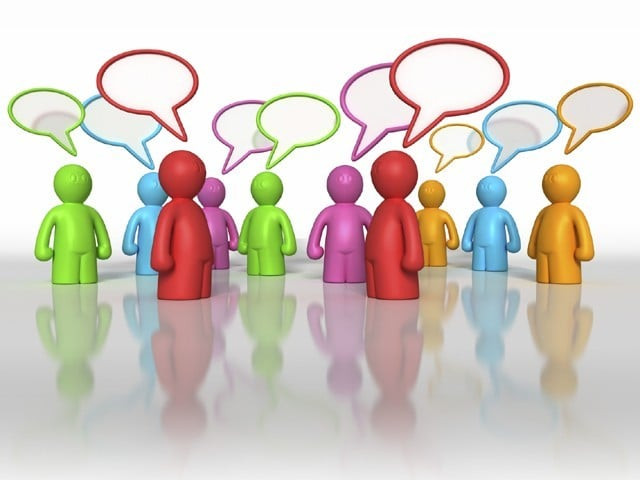New age media
Today, social applications such as Twitter and Facebook determine more and more of what we know of the world.

The view has changed. With the elimination of the ‘middle-men’ in the form of reporters, sub-editors and editors who mould news — and sometimes intentionally or unintentionally added their own twist to it — interaction is far more direct. A host of politicians, including Pakistani Ambassador to the US Husain Haqqani, former dictator General Pervez Musharraf and Punjab Chief Minister Shahbaz Sharif, interact with their followers directly and diligently on Twitter. So do many celebrities and a growing number of journalists. The process allows an incredibly easy interaction between people everywhere. Indeed, it is incredible how much communication across the globe has improved as services such as Skype become more and more commonplace. Pakistanis certainly seem to have taken to them quickly and added them to their lives.
But we need to consider the impact of this. The world of instant information and immediate chat is now with us. The impact on conventional journalism is already visible. People who can ‘follow’ leaders on Twitter no longer need newsmen to bring to them information about their activities and ideas. Perhaps this is advantageous to some degree. But it is also a fact that it makes it far easier to spread rumour, propaganda and innuendo, creating new dangers. The conventional media has yet to respond to this new onslaught, and for now the final model of things can only be guessed at.
Published in The Express Tribune, July 4th, 2011.













COMMENTS
Comments are moderated and generally will be posted if they are on-topic and not abusive.
For more information, please see our Comments FAQ